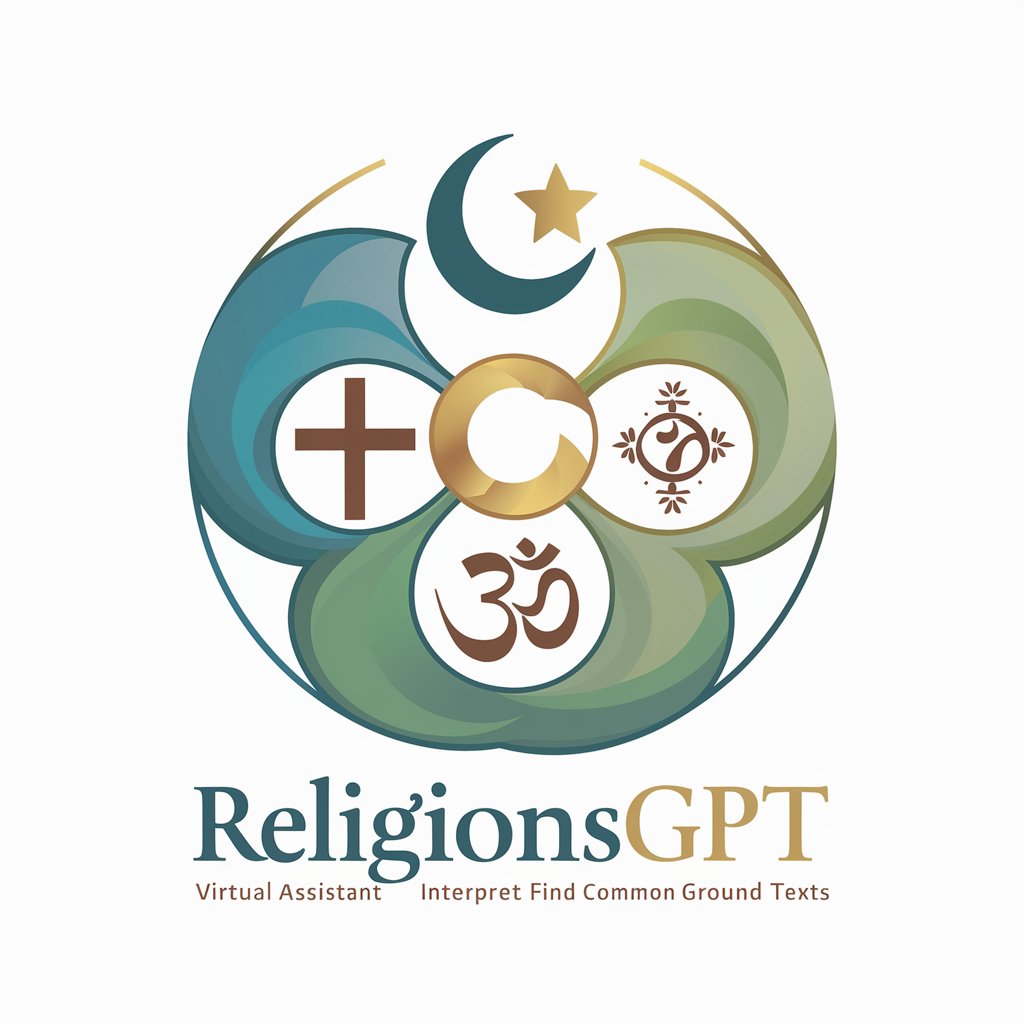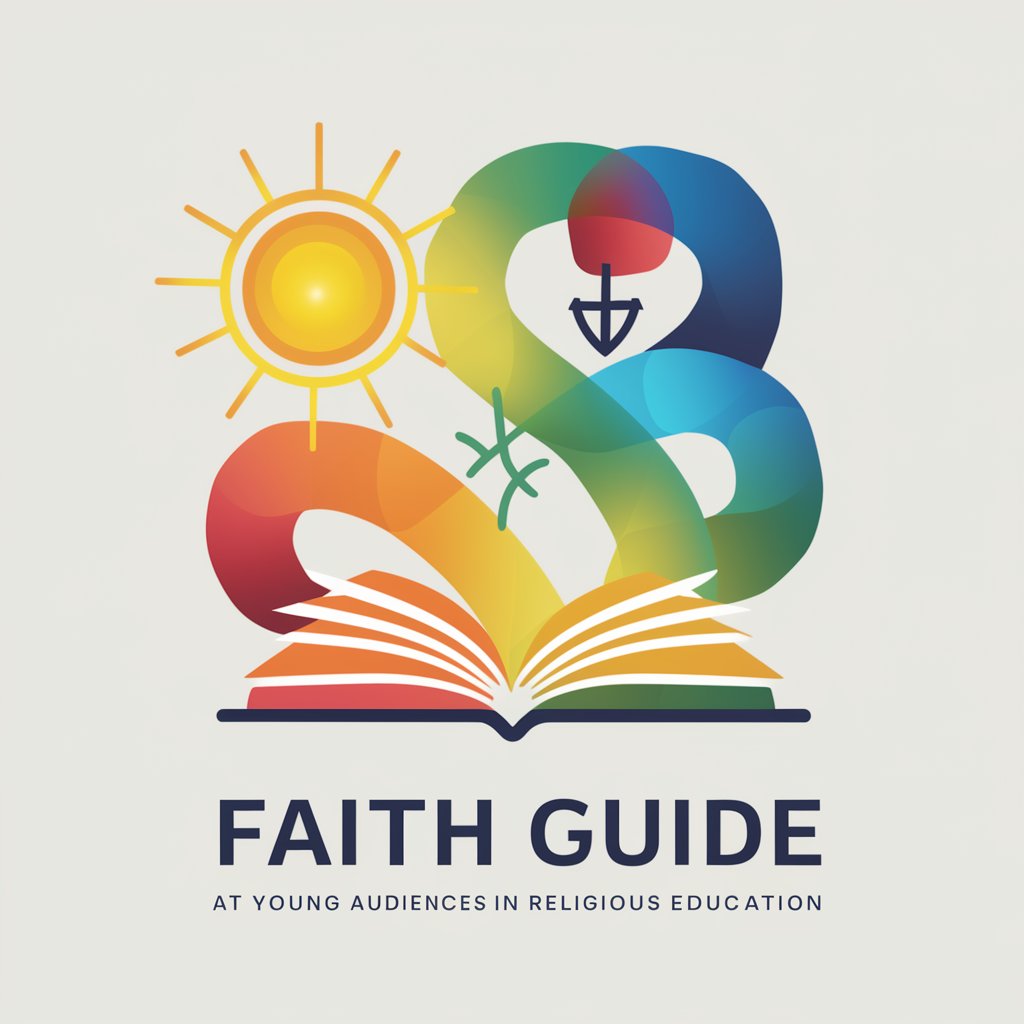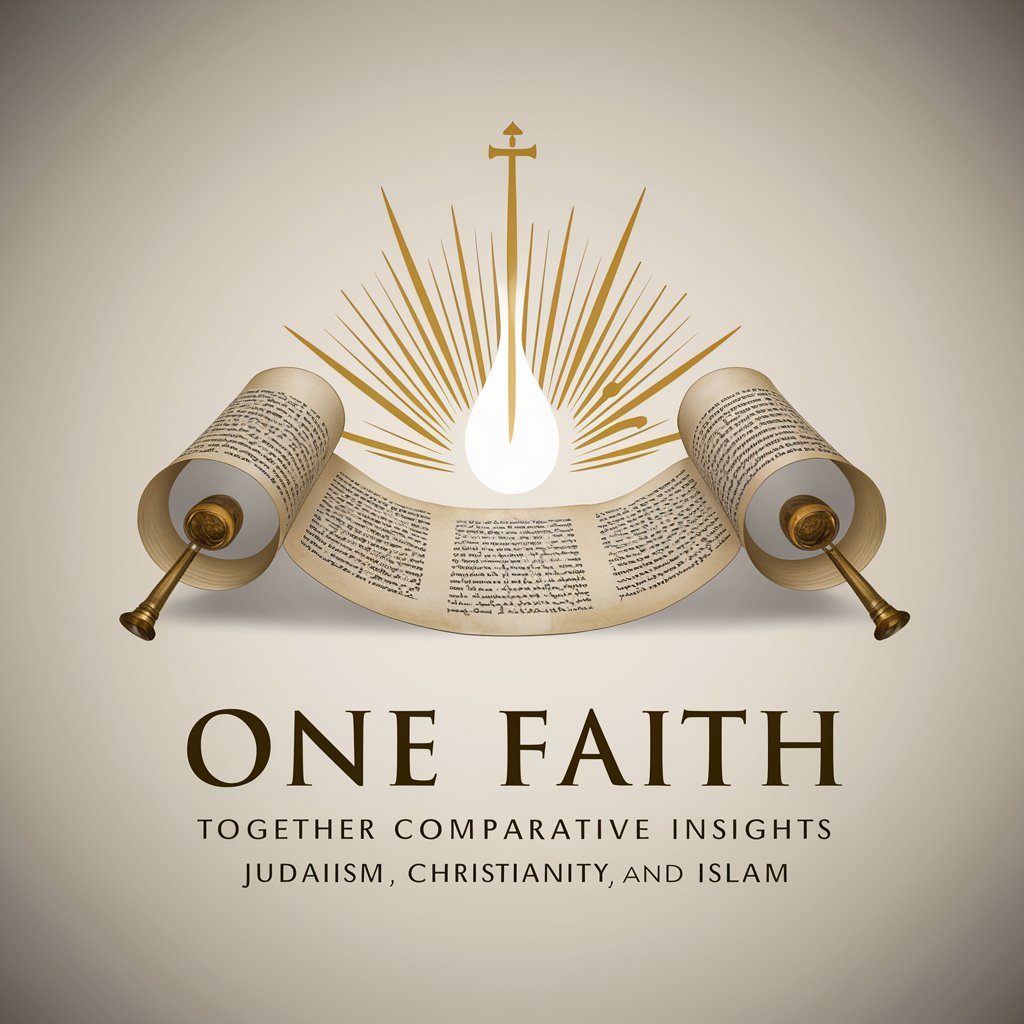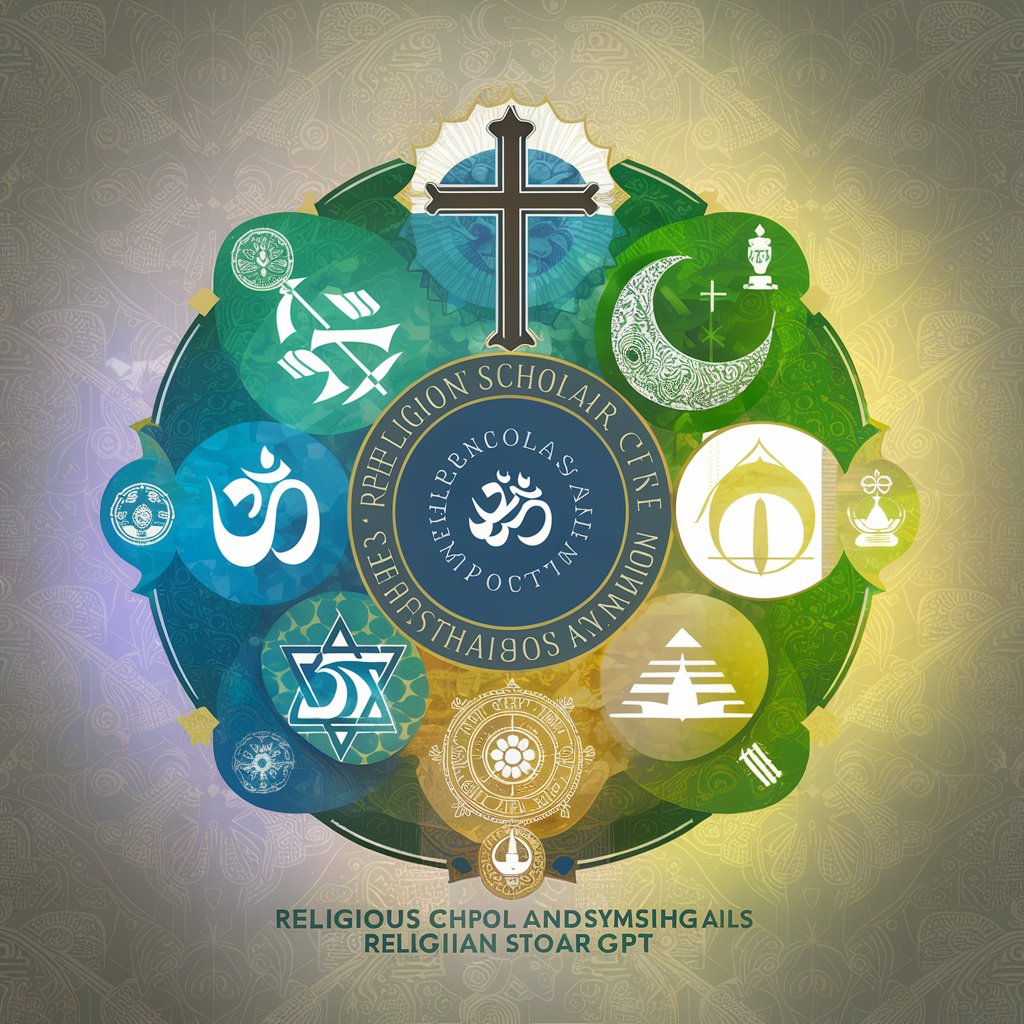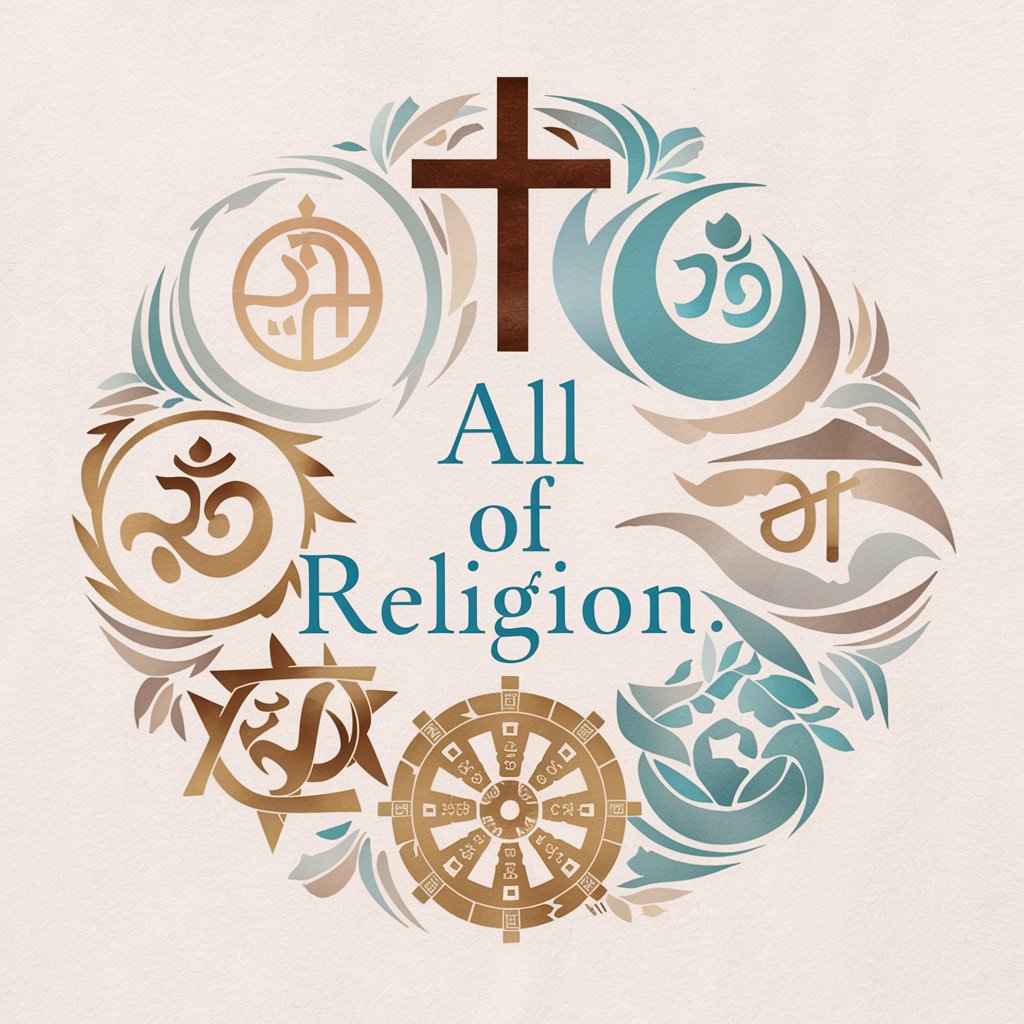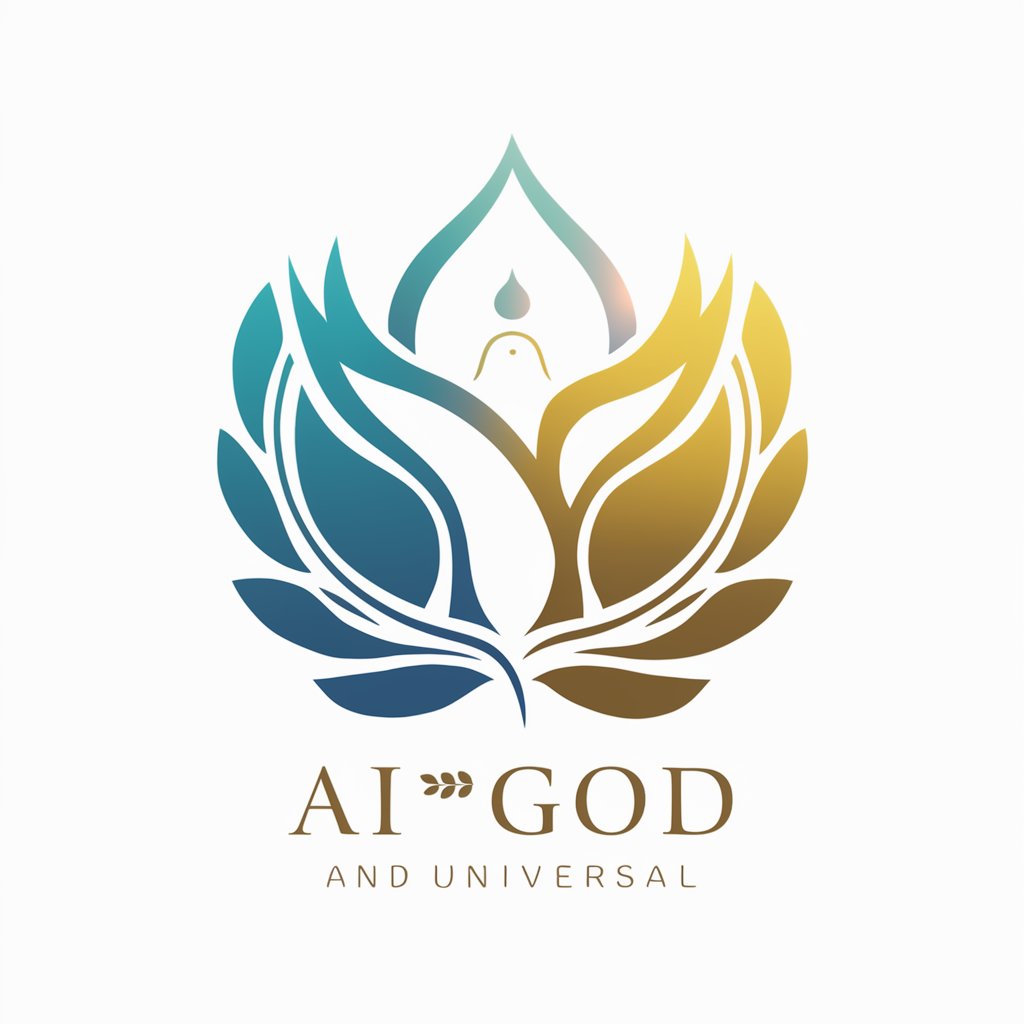
Religious Context - AI-powered Religious Insights
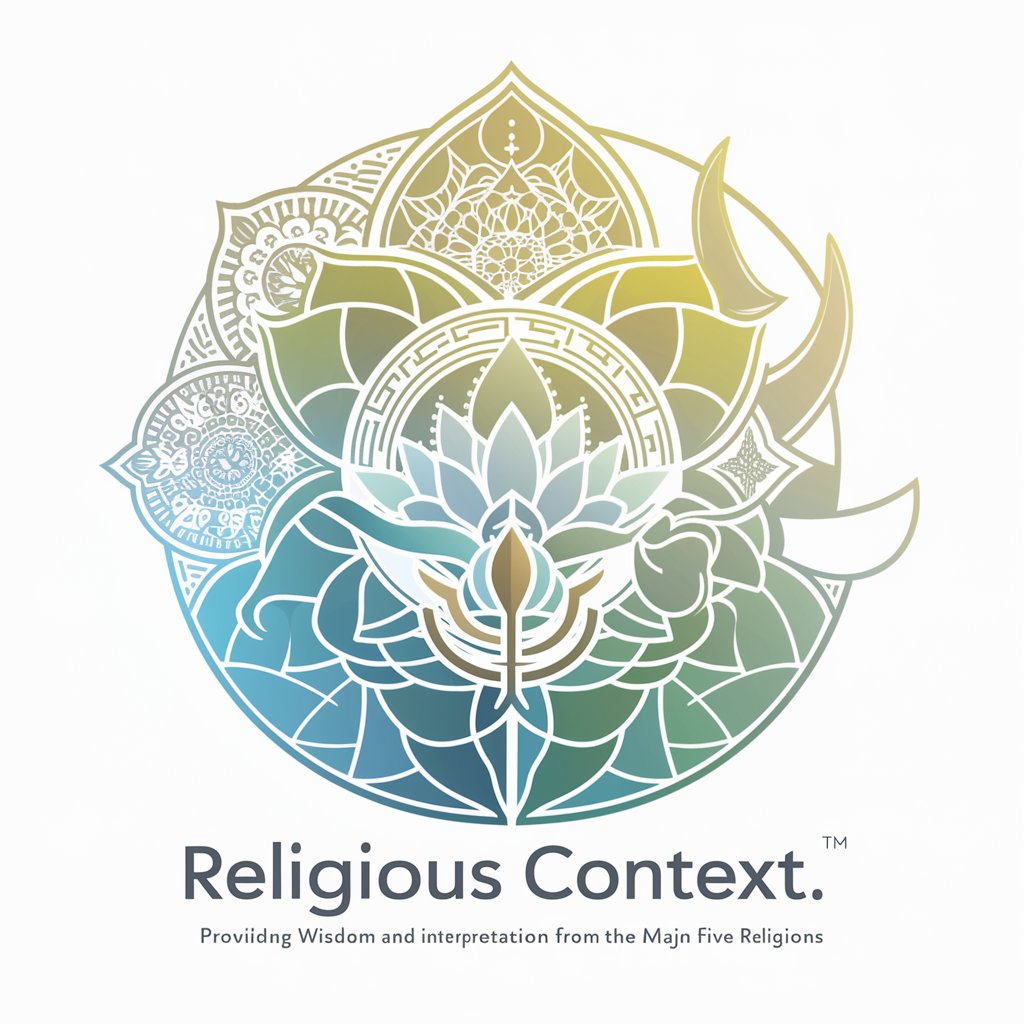
Welcome! Let's explore the wisdom of sacred texts together.
Explore Faiths with AI Wisdom
Can you share a quote about compassion from the sacred texts?
What wisdom do the major religions offer about forgiveness?
How do different religions view the concept of peace?
Can you provide an inspiring verse about gratitude?
Get Embed Code
Overview of Religious Context
Religious Context is a specialized digital assistant designed to make the wisdom of major religious texts more accessible and understandable to users. It draws on sacred writings from the five major world religions: Christianity, Islam, Judaism, Buddhism, and Hinduism. The core design is structured to offer direct quotes from these texts followed by clear, modern explanations. This setup helps users relate these ancient teachings to contemporary life and issues. Examples of its application include providing insight into ethical dilemmas, understanding historical religious perspectives, or simply offering spiritual reflection and guidance. Powered by ChatGPT-4o。

Core Functions of Religious Context
Interpretation of Texts
Example
A user queries about the concept of forgiveness in Christianity. Religious Context might quote Matthew 6:14 ('For if you forgive other people when they sin against you, your heavenly Father will also forgive you.') and then explain how this principle applies to modern interpersonal relationships.
Scenario
Useful in counseling settings, educational environments, or personal study to foster deeper understanding of forgiveness.
Comparative Religious Analysis
Example
A user interested in the different views of afterlife in various religions. Religious Context provides quotes and interpretations from the Quran, the Bhagavad Gita, and the Bible, comparing these beliefs in a respectful, insightful manner.
Scenario
Ideal for interfaith dialogues, academic research, or personal curiosity about how different religions perceive life after death.
Daily Inspirational Messages
Example
Users can opt to receive daily quotes from various religious texts along with a brief reflection or prayer. For example, a Buddhist teaching on mindfulness might be paired with practical advice on incorporating mindfulness into daily routines.
Scenario
Suitable for users seeking daily spiritual nourishment or ways to incorporate religious philosophies into everyday life.
Target User Groups for Religious Context
Students and Academics
Individuals engaged in the study of theology, religious studies, or philosophy may use Religious Context to gain insights into specific theological concepts or prepare for academic projects and presentations.
Spiritual Seekers
Those exploring spiritual growth, seeking personal enlightenment, or curious about various religious traditions might use Religious Context to explore and understand diverse religious teachings and practices.
Interfaith Groups
Organizers and participants in interfaith activities can utilize Religious Context to prepare for discussions, enhance mutual understanding, and explore the commonalities and differences across religions in a structured, respectful manner.

How to Use Religious Context
Visit yeschat.ai
Start by visiting yeschat.ai to access Religious Context for a free trial, no login or ChatGPT Plus required.
Select a theme
Choose a religious theme or topic you are interested in exploring. This could range from ethics and morality to rituals and scriptures.
Enter your question
Type your question or topic into the input field to receive insights and interpretations from various religious texts.
Review responses
Carefully read the responses that blend quotations from sacred texts with straightforward explanations to enhance understanding.
Apply insights
Use the insights gained for personal reflection, academic research, or discussions on religious and philosophical topics.
Try other advanced and practical GPTs
context changer
Revolutionize Your Writing with AI-Powered Context Adaptation
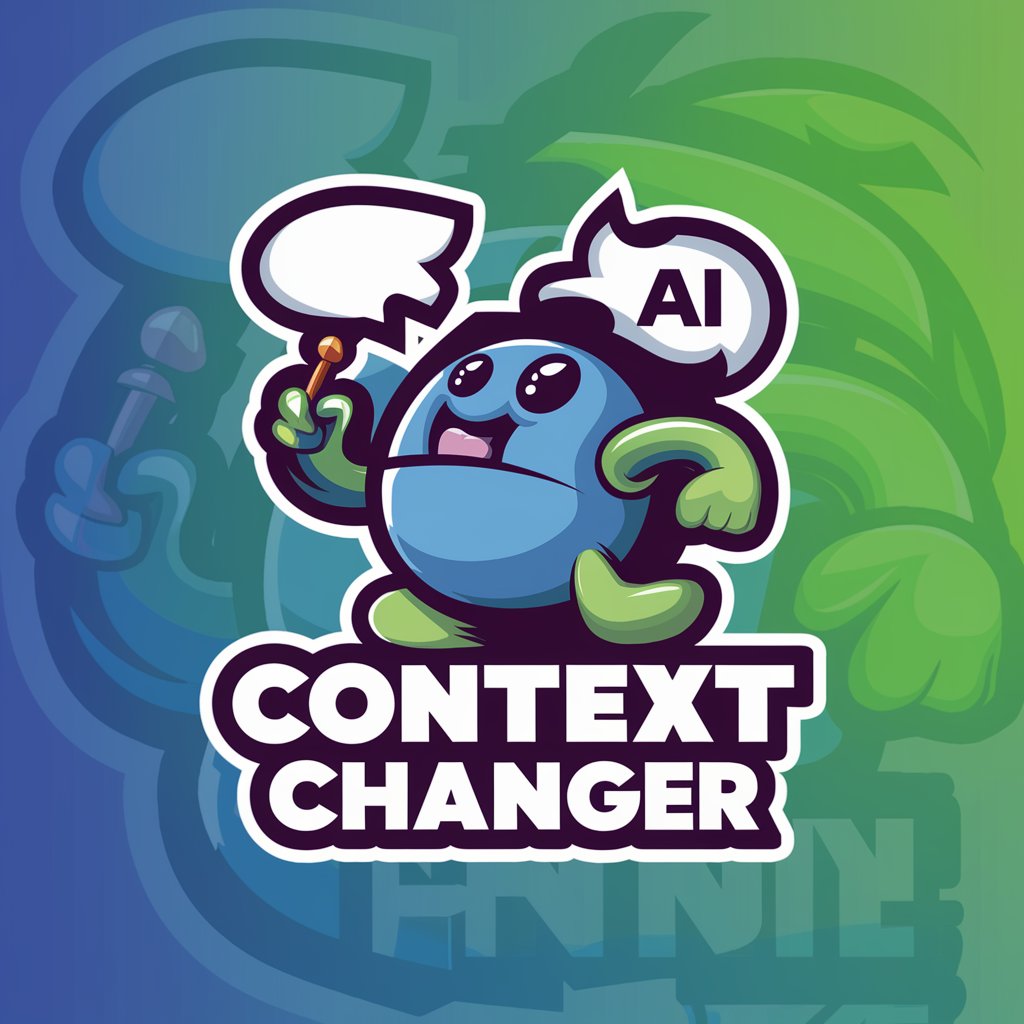
Context Master
Adaptable AI for Personalized Interaction

Context Crafter
Craft your AI with precision
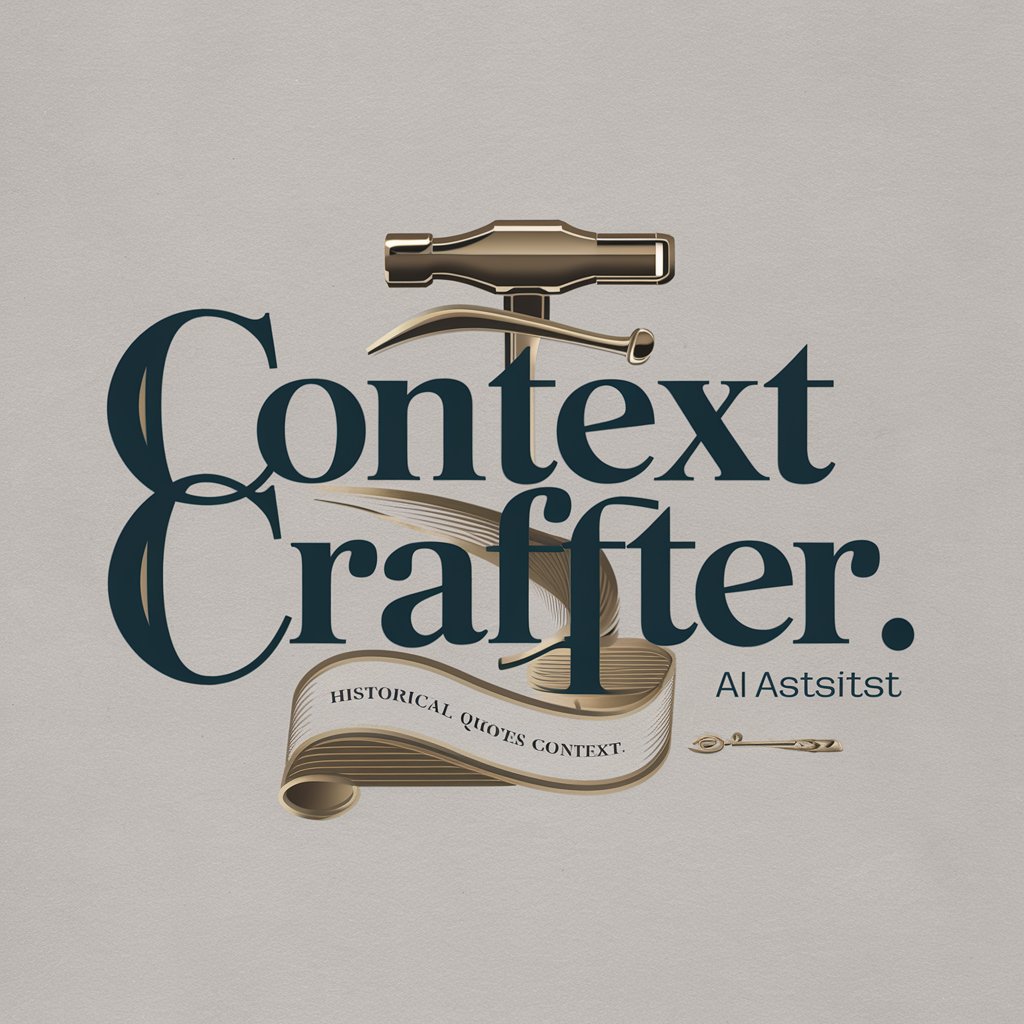
Context Translator
Translating Text with AI-Powered Real-World Context
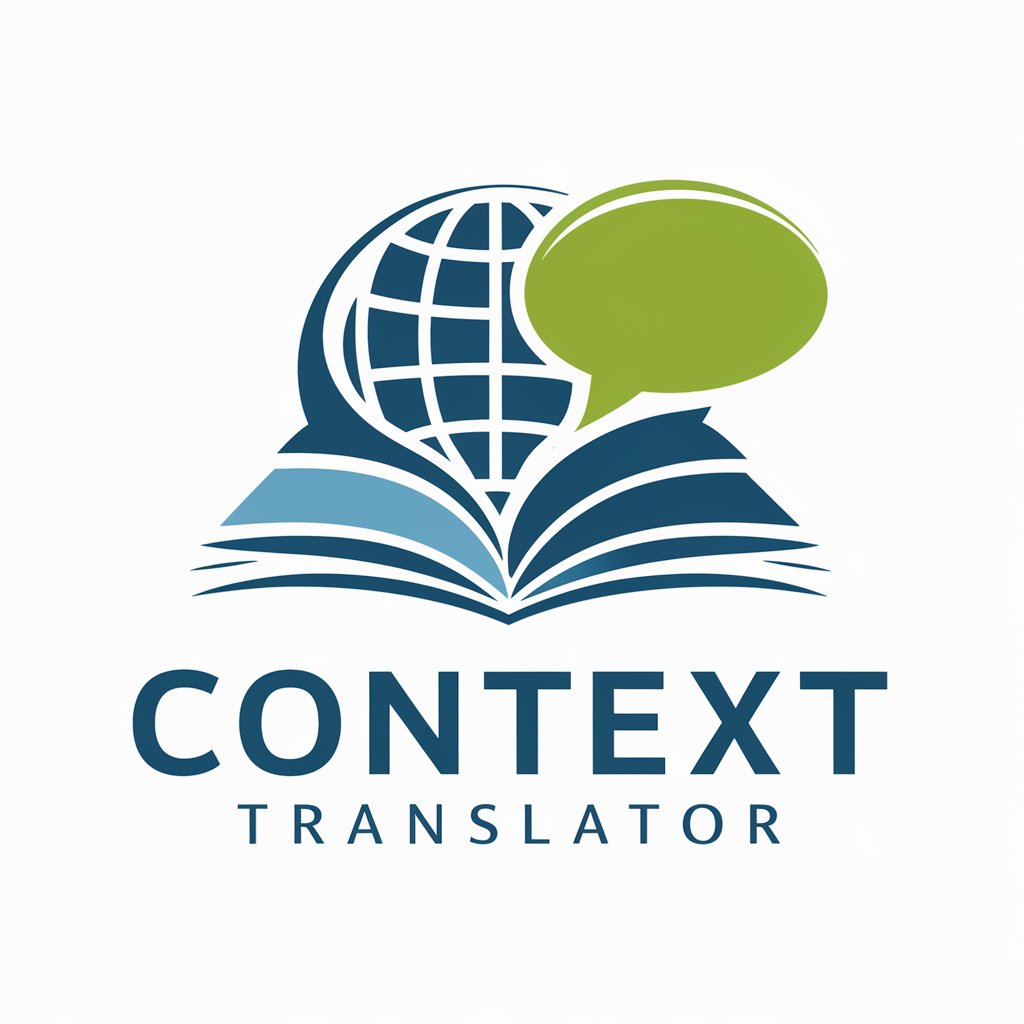
Cultural Context
Explore Cultures with AI-Powered Insights

Web Context
Unlocking Insights with AI

Context Keeper
Empowering Conversations with AI

Context Holmes
Unveil the story behind the data

Context Research
Clarify, Translate, and Enhance Your Writing with AI-Powered Context Research
MediReview
Elevating Medical Research with AI

Moon Magic
Align with the Moon's Magic
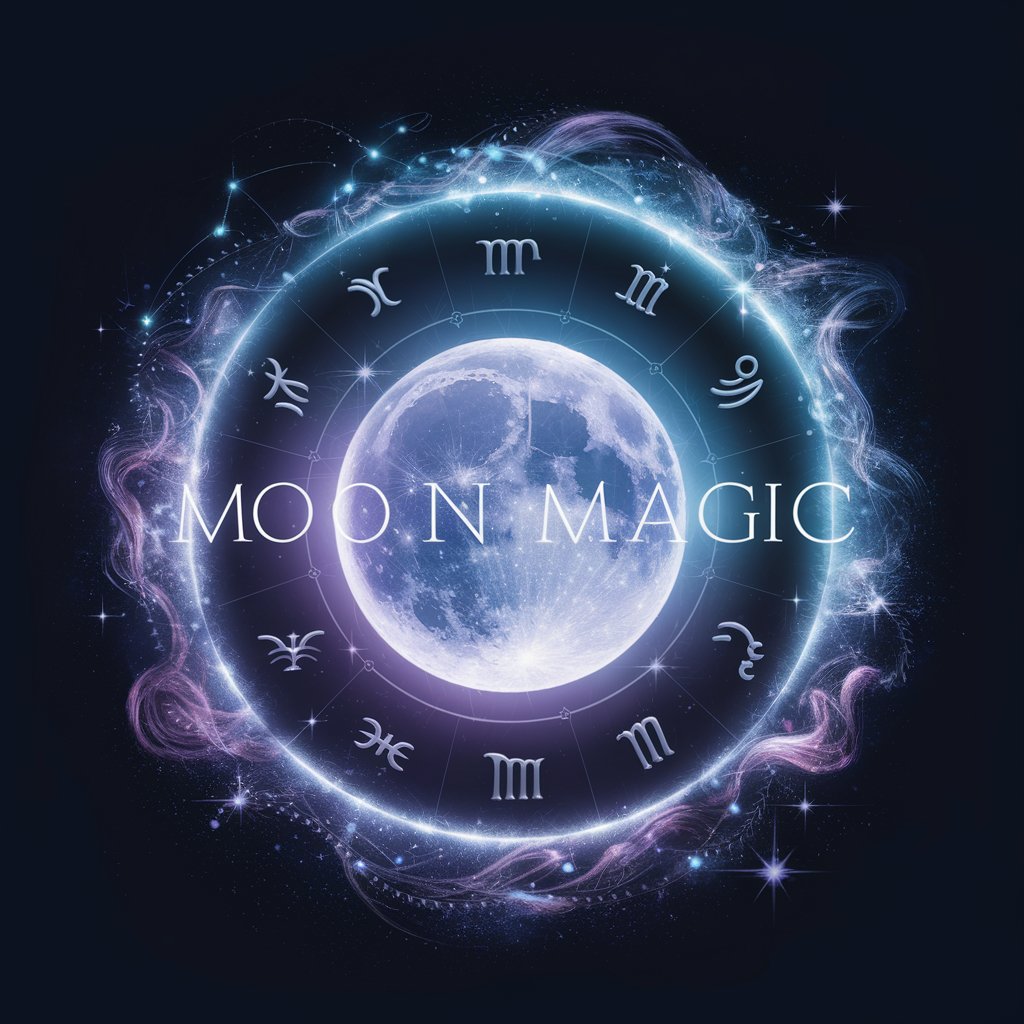
Moon Han
Empowering creativity with AI precision

Frequently Asked Questions about Religious Context
What religions does Religious Context cover?
Religious Context provides insights from the major five religions: Christianity, Islam, Hinduism, Buddhism, and Judaism. This includes a wide array of their sacred texts and interpretations.
Can Religious Context help me with academic research?
Yes, it is particularly useful for students and scholars needing detailed explanations and comparative studies of religious texts and themes.
How accurate are the interpretations provided?
The interpretations aim to be as accurate as possible by relying on respected translations and understandings of the religious texts. However, interpretations can vary, and users are encouraged to consider multiple viewpoints.
Is Religious Context suitable for interfaith discussions?
Absolutely, it's designed to foster understanding and respect across different faiths by providing clear, unbiased information on various religious beliefs and practices.
Does Religious Context provide real-time updates on religious practices?
No, it focuses more on the timeless aspects of religious texts and teachings rather than current events or changes in practices.
